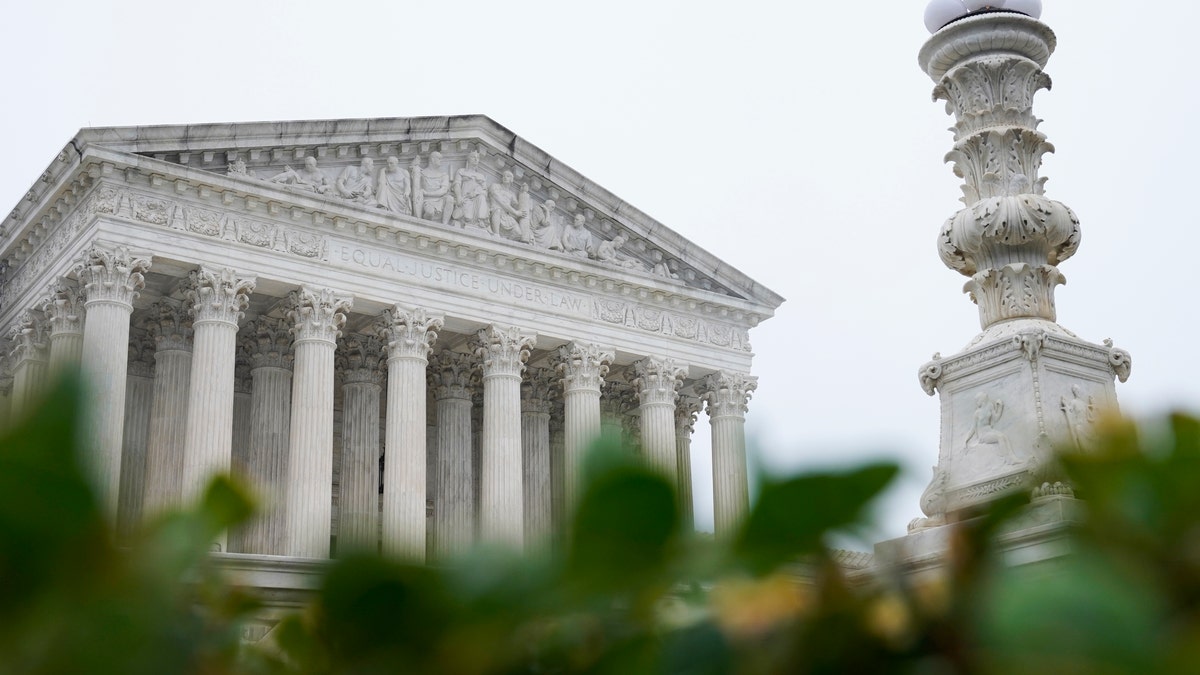The Supreme Court's recent decision to block the Biden administration's student loan forgiveness program is a significant win for American taxpayers and the principle of legal adherence. This plan would have shifted nearly half a trillion dollars in student loan debt onto millions of families who had diligently planned and sacrificed to avoid such burdens. This attempted financial reshuffling, essentially a handout, has been rightly halted.
President Biden's attempt to alleviate his low approval ratings through this measure is transparent. However, such actions, reminiscent of socialist ideals rather than the American dream, have been appropriately checked by the Supreme Court. This ruling upholds not only the interests of taxpayers but also the foundational principles of our legal system.
The Constitution clearly grants legislative power to Congress, particularly the crucial "power of the purse." The authority to manage finances, including debt forgiveness, resides solely with Congress. The Biden administration's unilateral move to erase student loan debt constituted an overreach of executive power, encroaching upon Congress's constitutional authority. The Supreme Court's decision reinforces the essential separation of powers, reminding the executive branch of its obligation to faithfully execute the law.
This ruling has broader implications beyond the immediate issue of student loans. It addresses the deeply troubled state of American higher education, a system plagued by decades of federal intervention. While this decision is a positive step, further action is required to hold higher education accountable to its students.

The cost of higher education has skyrocketed by approximately 180% in recent decades. The average annual tuition for a four-year college has risen from an inflation-adjusted $10,231 in 1980 to a staggering $28,775 today. This begs the question: does the quality of education and the value of degrees justify this dramatic price increase? The answer is a resounding no.
Spending exorbitant amounts on degrees, especially those with questionable market value, is often fueled by readily available federal loans. Students are lured into accumulating substantial debt for educations that inadequately prepare them for the workforce. Colleges and universities, in turn, benefit from this influx of taxpayer money, often supporting bloated administrative structures and questionable programs.

A general view of the U.S. Supreme Court, Friday, June 23, 2023, in Washington. ((AP Photo/Mariam Zuhaib)
Should taxpayers subsidize elite universities with massive endowments, charging exorbitant fees to support administrative bloat that adds little value to students' education? The current system, fostered by federal funding, is inherently unfair. The Biden administration's plan would have worsened this situation, benefiting high earners at the expense of those who responsibly managed their finances or chose alternative paths.
Congress must address the escalating costs of college and the proliferation of low-value degrees. In the meantime, the Supreme Court's decision prevents the Biden administration from exacerbating the problem. This ruling is a victory for fiscal responsibility and the rule of law.
Comments(0)
Top Comments